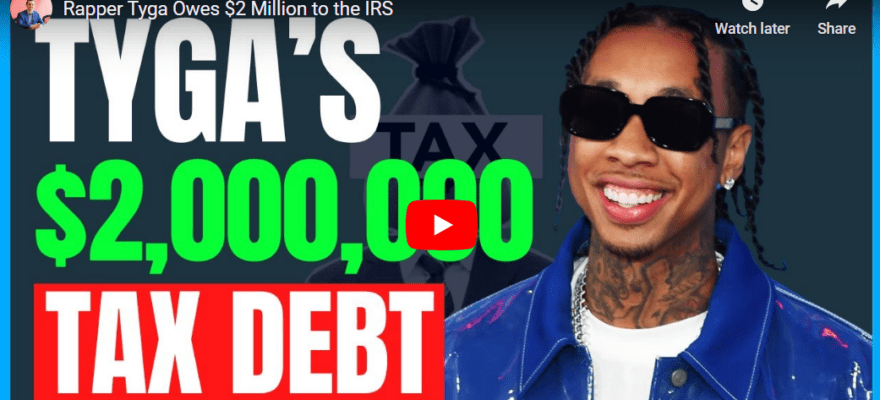Background
Michael R. Stevenson, aka Tyga, recently sought review in Tax Court of an Intent to Levy Notice issued by the IRS. Tyga timely filed his 2019 federal income tax return but failed to pay the reported liability of $2,166,469. In an effort to collect this liability, the IRS issued a notice of intent to levy, which stated that he owed $2,319,678 in tax, interest, and penalties for 2019. Tyga’s liability included an addition to tax for failure to pay the estimated tax, which was part of a pattern stretching back to 2012.
Analysis
In order to obtain an installment agreement with the IRS, a taxpayer needs to be in filing and payment compliance. This means that the taxpayer has filed all tax returns required by law and has made the legally required estimated tax payments. The IRS is more than willing to work with taxpayers to allow them to pay old tax debt over time; however, in exchange, they want to make sure they have no issues in the future. This is done by ensuring taxpayers are making estimated tax payments.
The Commissioner of Internal Revenue moved for summary judgment, contending that the undisputed facts established that Tyga was not in compliance with his estimated tax payment obligations, and the settlement officer was thus justified in sustaining the notice of intent to levy. The court agreed and granted the Commissioner’s motion.
The court found that the settlement officer was justified in rejecting Tyga’s proposed collection alternatives, as he was not in compliance with his estimated tax payment obligations. The court also found that Tyga had failed to provide the necessary documentation to support his proposed collection alternatives. As such, the settlement officer was within her discretion to uphold the notice of intent to levy.
Takeaways
– It is important to be in compliance with estimated tax payment obligations in order to be considered for collection alternatives.
– It is important to provide the necessary documentation to support any proposed collection alternatives.
– If an individual is not in compliance with estimated tax payment obligations and/or does not provide the necessary documentation, the settlement officer is within their discretion to uphold the notice of intent to levy.



